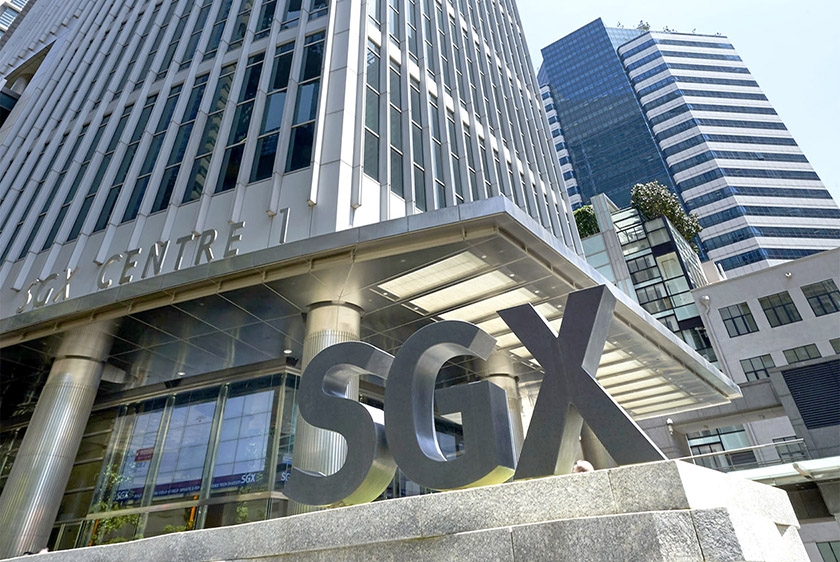
Will the SGX delisting deluge abate in 2018?
Genting Hong Kong has also announced that it would be exiting the exchange in April.
When Global Logistics Properties (GLP) announced its delisting from the Singapore Exchange (SGX) following a privatisation deal led by the consortium Nesta Investment Holdings, it was part of a delisting wave that has been running since 2016 and has shaved off billions in market value from the exchange.
But a robust initial public offering (IPO) pipeline in 2018 should help replenish that lost value, according to analysts, with issuers in the Association of Southeast Asian Nations (ASEAN) region leading the way and innovations by SGX giving it an edge over rival platforms.
“The pipeline for 2018 IPOs by ASEAN issuers looks healthy, with total proceeds raised set to increase if the region’s economies hold up and the capital markets remain conducive,” said Max Loh, EY Asean and Singapore managing partner at Ernst & Young LLP. “The active sectors are likely to include real estate, consumer-facing industries, and technology.”
Loh said the SGX will need to innovate to remain competitive as a Pan-Asian listing destination amidst aggressive bids for listings in the region from other international exchanges and the continued abundance of cross-border deals in 2018. He noted that the exchange is continuing to build its niche strengths in the consumer product and REIT sectors and change its rules to better accommodate the listings of digital companies.
“SGX, like any other business, will need to be nimble and agile, innovate and embrace disruptive change to be at the forefront in providing value to its stakeholders,” Loh said.
A silver lining from fintech startups
Romaine Jackson, head of South East Asia at Dealogic, said one of the key themes in 2018 will be financial technology startup listings, which could also extend into 2019.
“‘Will Alibaba look to Singapore in view of dual listing change for subsidiaries instead of Hong Kong or New York?’ is a question on everybody’s mind,” said Jackson, citing the SGX’s move to allow dual listings.
Jackson said the dual listing change could be a game changer in favour of the SGX since it ups the ante on some upcoming technology IPOs that would have gone to Hong Kong. Dual-class shares have a lot of promise in Asia, which hosts many technology startups and family-run companies, where founders want to preserve control.”
Genting Hong Kong has announced it would be exiting the exchange in April this year, reportedly explaining that focusing on a single primary listing in Hong Kong will raise its visibility among North Asian investors, improve the stock’s liquidity, and cut costs from having to maintain the listing in SGX, where it has not raised any funds in the last six years.
Loh reckoned delisting is viewed as a strategic alternative by corporates, after taking into consideration the economic environment, the opportunity to extract value via delistings and privatisations, and a chance to consolidate and market accretive acquisitions.
Jackson noted that the SGX can do a better job in curbing the delisting trend by making it easier for traders to collaborate and strike a deal, reducing the risk of companies going to venture capital or debt markets, and reducing listing fees.
























 Advertise
Advertise










